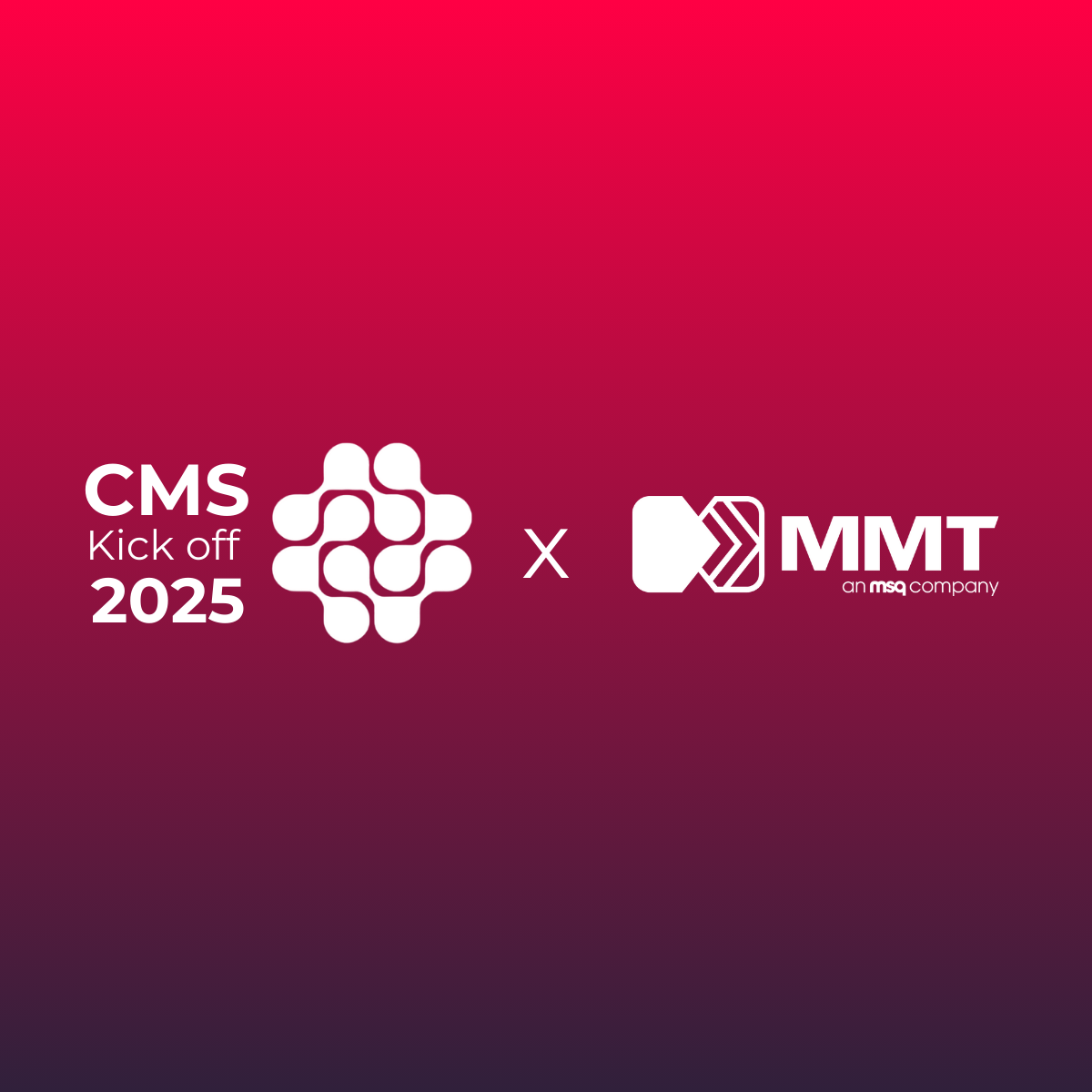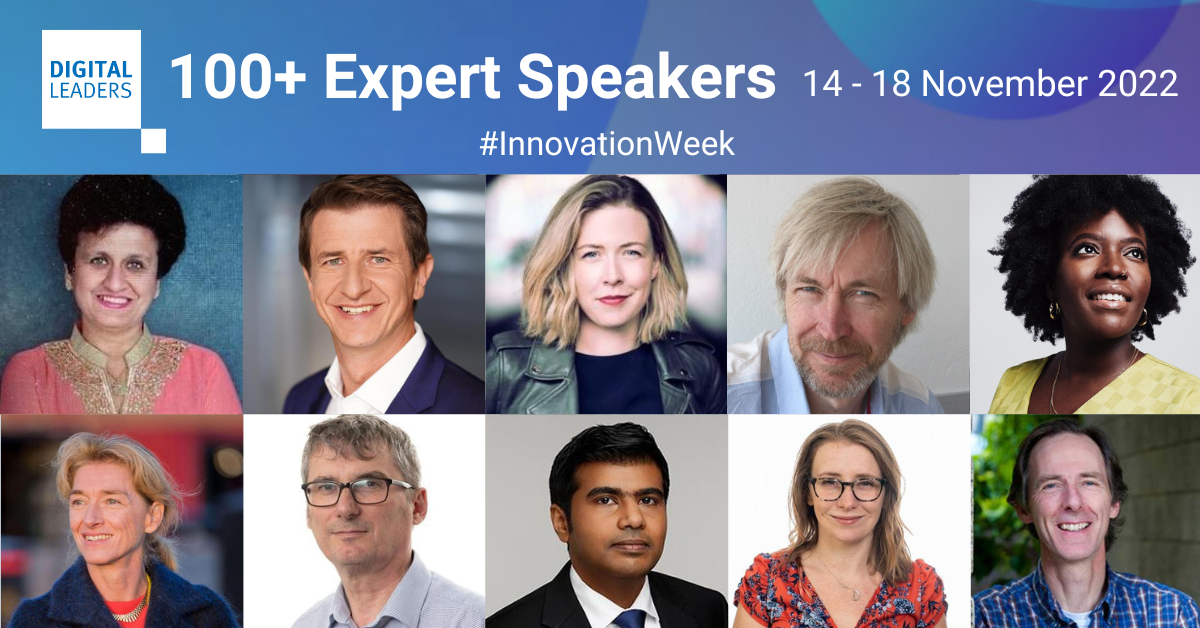Digital business transformation is racing forward at breakneck speed, and adapting to new market realities whilst transforming performance is a growing challenge for organisations. So how can your organisation sustainably manage digital business transformation at scale? As with any innovation that accelerates change, strategy is critical.
Our market-leading frameworks, North Star, Compass, and Engine, provide an innovative set of methodologies that combine Agile principles with our first-hand experience helping clients build digital products that meet customer demands in the digital-first world.
With the North Star framework setting the digital product vision and the Engine framework covering all aspects of the product delivery, the second of our three frameworks, Compass, is focused on driving agile standards across teams. Designed to empower middle management to add a layer of competency to their scaled delivery, the Compass framework supercharges lean, agile product delivery practices and develops high-performing teams.
THE FOUR COMPETENCIES OF THE COMPASS FRAMEWORK
Our Compass framework was created as a consequence of the challenges faced by our larger clients when implementing digital business transformation at scale, most notably, aligning suppliers and teams to a common delivery model. At its core, Compass is a competency framework that will take you from strategy to delivery, and consists of the following four competencies:
Agile Excellence
Nurturing a culture of Agility at every level and developing iterative ways of working is key to help identify opportunities for improvement or enhancement. This promotion of agile methodologies and continuous learning for all teams, vendors and stakeholders makes your organisation resilient and adaptable to future changing market conditions.
Lean Product Mindset
The importance of placing the consumer at the centre of your agile development should never be underestimated. Ultimately, the build should be based on value to the customer and the business, and employing a build-measure-learn approach, keeps the user needs firmly centre-stage.
Technology Enablement
An empowered workforce owns its work and giving agile development teams the authorisation to realise working software whenever they choose increases the speed to market. Considering how to move to a more automated environment than a manual environment will also minimise bottlenecks along the way.
Measurement
Delivering value on a short lead time requires the decentralisation of decision-making. This can be achieved through defining a robust set of metrics that help identify delivery, product and technology performance.
A disconnect between strategy and project execution is a common barrier to organisation’s realising their market potential. The Compass framework fills that gap, linking the two entities together to identify the competencies required to deliver exceptional results. As an engagement, the framework can be broken down into the following phases:
COMPASS ESTABLISH | ASSESS & ESTABLISH BEST PRACTICES
Assessing and capturing the current state of the portfolio, program, teams and technology. Comparing the ‘as is’ way of agile working against the target state highlights areas of opportunity, enabling delivery tooling and team structure recommendations to deliver the organisational vision.
Things to consider during these phases include current portfolio governance and how you invest in your products, how your team is structured and the customer journey. Considering these points helps to build an operational value stream, and enables a greater understanding of which systems can support your end goals.
From here, the alignment and engagement stages can begin, setting up key product and agile communities and assessing the value model to prioritise work based on business strategy, objectives and key metrics.
COMPASS OPTIMISE | DRIVING IMPROVEMENT AND DEVELOPING HIGH PERFORMANCE
To drive continuous advances, relentless improvement workshops, assessing architecture and automation, and reviewing demand management processes are key. Centered heavily around coaching, this phase of the framework is to provide the support needed to implement changes and to empower your teams to be disciplined within their agile practices. When trying to establish a baseline of competency, it’s essential that everyone is on the same page. Providing the right coaching for product management teams results in predictable delivery - and predictable delivery can cut the time to market, build trust and create more autonomy for teams. Once achieved, you will maximise the return on investment and benefits will be immediate. And, perhaps most importantly, your teams will know where and how to improve.
Ultimately, successful optimisation is about finding and eliminating the bottlenecks that are hindering delivery, and flow efficiency is another important factor to consider when optimising your project for success. Analysing how rapidly value flows through the entire system in terms of definition, development, test and deployment is vital for sustaining a scalable digital business transformation. Working this way ensures that every team member is directing their energies towards the same goal - to offer value to the customer and to unlock the full potential of the business.
Following the Compass framework enables digital leaders to bridge the costly gap between strategy and execution and embed agile methodologies to unlock organisational change. Forming a part of a powerful suite of frameworks that can maximise your investment and improve speed to market, Compass is an innovative approach that will accelerate your digital transformation.
If your organisation is interested in utilising technology to transform business performance, get in touch and discover how our adaptive agile frameworks can deliver value to your customers at speed and at scale.









